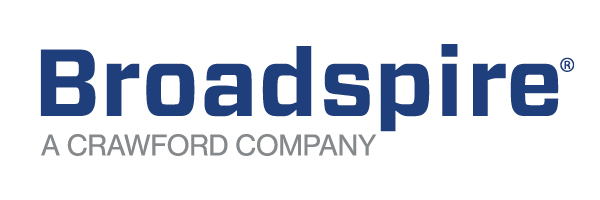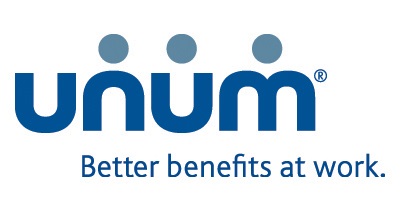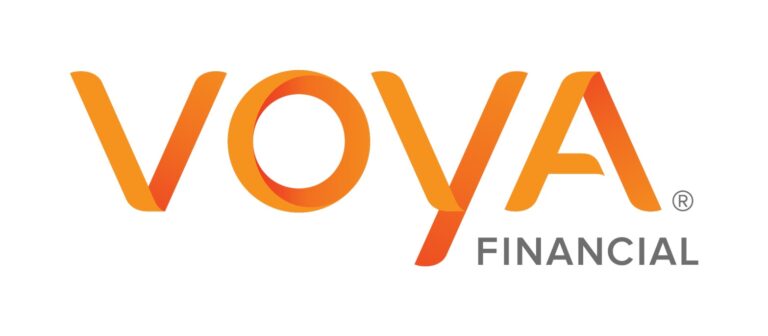No. The Americans with Disabilities Act requires an interactive process as a key component of the accommodation process. This should consist of a documented exchange between employer and employee. If the employer is inclined to grant the request — perhaps it is easy to implement, no or low cost, and/or has been previously agreed upon — the interaction may be abbreviated. However, it is important to engage in the interactive process to make sure the parties exchange all material information and consider potential alternatives that might better suit both parties. This ADA-mandated process should be done in good faith and with integrity.
Here are some key components of the interactive process:
- Initiation: When an employee requests an accommodation or when the employer becomes aware of the need for an accommodation, they should promptly initiate the interactive process. Remember that the employee doesn’t need to mention the ADA or “reasonable accommodation” when requesting an accommodation; it’s up to the employer to properly train staff to recognize an accommodation request.
- Communication: Both the employer and the employee should engage in open and honest communication. This involves discussing the nature and limitations of the disability, the specific and essential job requirements, and potential accommodations. Best practice is to document all steps and communication to demonstrate legal compliance. Software solutions can help streamline and support this process for employers.
- Documentation: Employers may request relevant documentation to support the need for an accommodation. This could include verification or input from a health care provider. However, employers must be cautious about requesting excessive or unnecessary medical information, as this could violate privacy laws. It’s also important to ensure you are storing private health information (PHI) in a compliant manner.
- Evaluation of Options: The employer and employee should work together to explore potential accommodations. This may involve considering various options to find a solution that meets the employee’s needs without causing undue hardship to the employer. Employers are not required to offer the accommodation requested by the employee; accommodations need only be reasonable. There are numerous resources, including generative AI platforms, to assist with researching and executing accommodation options.
- Implementation and Follow-up: Once an accommodation is agreed upon, it should be implemented in a timely manner. Additionally, both parties should remain open to revisiting the accommodation if the employee’s needs change or if the initial accommodation proves to be ineffective.
Failure to engage in the interactive process in good faith could be viewed as a violation of the ADA. Employers are encouraged to approach the process with flexibility and a willingness to find effective solutions that allow employees with disabilities to perform their job duties.
It’s important to consult with legal or HR professionals to ensure compliance with specific laws and regulations related to ADA accommodations in your jurisdiction.































